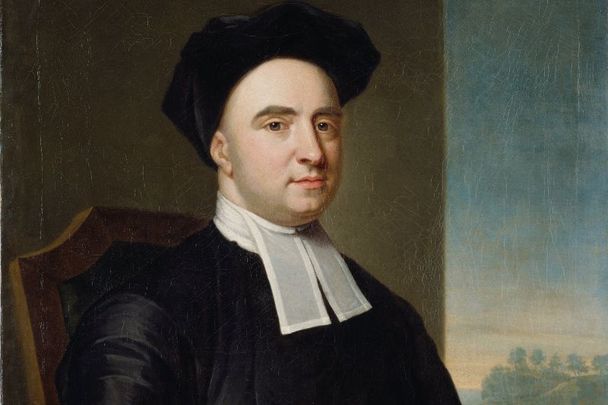The names of the city of Berkeley and UC Berkeley in California are being questioned for their links to George Berkeley, an Irish philosopher who bought and owned slaves in Rhode Island in the 18th century.
In April, Trinity College Dublin confronted similar discussions when it announced that it would be denaming its George Berkeley Library after it was deemed "inconsistent with the University’s core values."
Opened in 1967, Trinity’s largest library was named in 1978 after George Berkeley, a world-renowned philosopher and former Librarian at Trinity.
However, Berkeley also bought slaves – named Philip, Anthony, Edward, and Agnes Berkeley – to work on his Rhode Island estate in 1730-31 and sought to advance ideology in support of slavery.
Berkeley's legacy is now also being questioned in California.
Deeming Berkeley a "slave owner, racist, and colonialist," local resident Daniel O'Connell said in a January 2022 opinion piece: "The past does not dictate the present unless we let it dictate. It’s time for us to move on from the past. The city of Berkeley, our city, is named after a slave owner, racist, and colonialist. It’s time for us to drop 'Berkeley' from the name of our city."
Despite the sentiments of some, as well as Trinity's recent decision, there appear to be no official movements to rename either the city of the university in California.
“We acknowledge that the university’s founders chose to name their new town and campus after an individual whose views warrant no honor or commemoration,” a UC Berkeley spokesperson said in a statement shared with SFGATE.
“At the same time, we are cognizant of the fact that over the course of the ensuing 155 years since the university’s founding, 'Berkeley' has come to embody and represent very different values and perspectives — including our belief in, and actions to advance the application of academic excellence in support of the greater good, equity, inclusion, diversity, justice, and social mobility.”
SFGATE noted that Berkeley city officials declined to comment, though a spokesperson for Mayor Jesse Arreguín’s office said that any consideration of a change to the city’s name would require an amendment to the city charter through a voter-approved ballot measure.
According to the Berkeley Historical Plaque Project in 2003, the private College of California purchased land for a new campus (now the University of California) in the mid-1860s.
Visiting the site, College Trustee Frederick Billings admired the view towards the Golden Gate and was inspired to quote from George Berkeley’s poem “On the Prospects of Planting Arts and Learning in the Americas.” The Trustees decided Berkeley’s name would be appropriate for their new town and campus, and adopted it on May 24, 1866.
The Project notes Berkeley - a scholar, traveler, mathematician, reformer, writer, cleric, and philosopher - was discouraged by a Europe he viewed as declining and corrupt and hoped a more enlightened civilization would arise in the New World.
In 1728, hoping to establish a college in the Americas, Berkeley sailed to Rhode Island, but promised funds never arrived and he returned to Britain.
Earlier this year, a working paper published at Trinity College noted that "records demonstrate clearly that Berkeley bought slaves, a fact recognised by some but not all of his biographers."




Comments